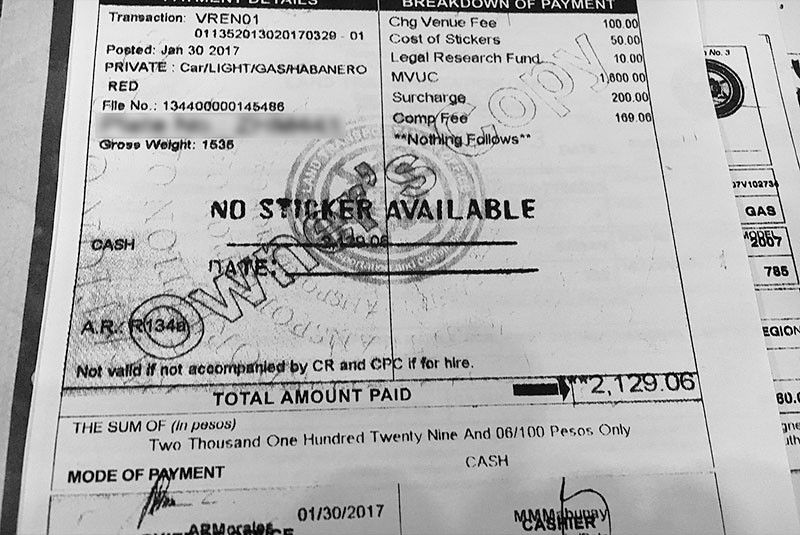How the LTO’s problems will affect your car-buying experience

Plate or no plate, standardized temporary plate or not, the Land Transportation Office or LTO is planning to implement the penalties prescribed in Republic Act 4136 otherwise known as the Traffic Code of the Philippines, particularly the fine for operating an unregistered vehicle. And while everything seems rosy if you talk to the LTO itself, the situation on the street is very different. In fact, there’s a very big problem. And it will affect your car buying experience; perhaps even more than the impending new vehicle excise tax increase.
As a bit of a background, RA 4136 provides only a 7-day window for an authorized dealer to register a sold vehicle with the LTO. And while the LTO has updated its procedures to try to reduce that backlog including having dealers do the vehicle registration themselves via a DIY or Do-It-Yourself system, the fact is, the 7-day window is rarely met. In reality, there have been reports of registration delays reaching up to 90 days despite dealers presenting the full set of requirements to the LTO.
The latest memorandum from the LTO penalizes owners P10,000 for using an unregistered vehicle. And since many car buyers opt for low all-in financing (up to 90 percent in the case of some brands) with down-payments as low as P5,000, dealers are facing the higher risk of default.
In addition, car buying will change because of the LTO’s inefficiencies. Imagine paying for a brand-new vehicle only to be able to drive it out of the dealership 90 days after, when the OR/CR becomes available. Vehicle sales, be it motorcycle, cars, or commercial vehicles, will potentially grind to a halt.
This raises some questions for the Department of Transportation (DoTr) and its regulating agency, the LTO.
Can the LTO be stopped from implementing penalties prescribed by law if it can be proven that the reason people are in violation of the law is because of the agency’s failure to perform their duties?
Can LTO be made to prevent implementation of the P10,000 penalty for non-registration if it can be established that the car owner and dealer has complied with all the necessary registration requirements only to have the registration delayed because of the LTO’s ineptitude?
Can a court prevent the LTO from implementing this memorandum on the basis of deprivation of property or economic sabotage or just plain punishing people just because of their failure?
And with the LTO requiring dealers to spend for the temporary license plates, should the LTO shoulder the cost of these temporary plates given they are unable to provide the regular license plates that have been paid for during new vehicle registration? (The penalty for the dealer’s failure to attach the standardized plates are: P 100,000 for the first violation, P 500,000 for the second violation, and revocation of accreditation on the third).
Finally, can the LTO, or any regulating agency for that matter, pass the burden of its work to private persons and penalize those persons if they fail to perform what the agency cannot do?
These questions raise the sad state of the LTO. It must be recalled that the LTO is a regulating body of the Department of Transportation. With that, they have pretty much failed on their reason for existence. They’ve failed to release driver’s licenses, they can’t release new vehicle license plates (let’s not get to the subject of those who paid for the new standard plates to replace their old ones), and now, they can’t even guarantee vehicle registrations on time.
Understandably, the main reason why the LTO is so adamant with implementing the No OR/CR, No Travel policy is peace and order; after all, an unregistered vehicle can be involved in a crime and there’s no way to track it down. It is a law, a basic one, at that. However, the delays involved with the registration can also raise the possibility of corruption within the government agency. Want the OR/CR immediately? There’s an “SOP” for that. Want to get the OR/CR without a full set of documents? There’s an “SOP” for that too.
In the end, why should dealers and the motoring public be obliged to do something the LTO cannot perform, receive no payment for it, and be penalized severely for failing? When dealing with the private sector, failure to deliver a paid service entitles reimbursement. Isn’t it about time government agencies be held to the same standard as well?
- Latest






























